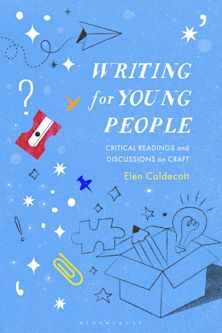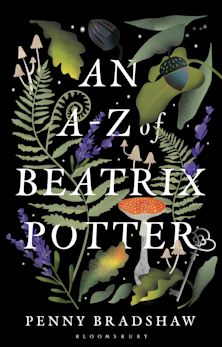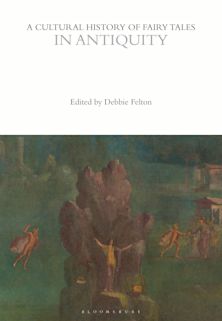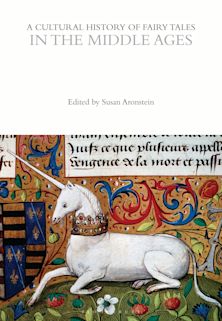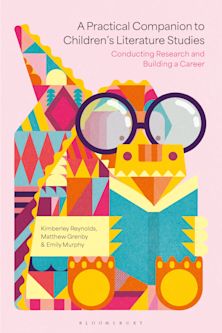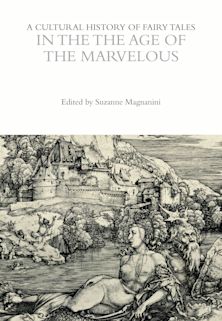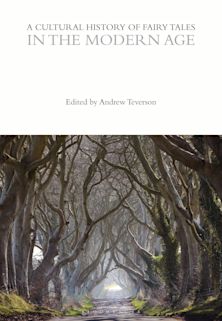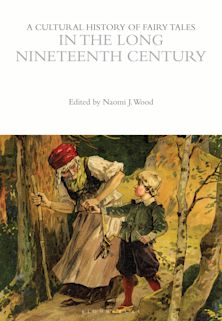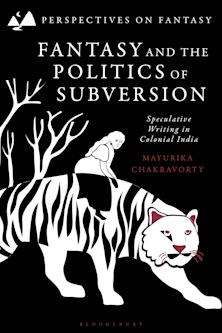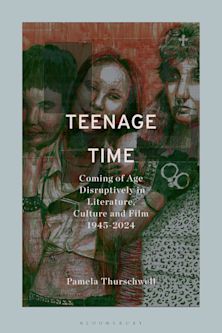- Home
- ACADEMIC
- Literary Studies
- Children's Literature
- Does Nonfiction Equate Truth?
Does Nonfiction Equate Truth?
Rethinking Disciplinary Boundaries through Critical Literacy
Does Nonfiction Equate Truth?
Rethinking Disciplinary Boundaries through Critical Literacy
This product is usually dispatched within 1 week
- Delivery and returns info
-
Free CA delivery on orders $40 or over
You must sign in to add this item to your wishlist. Please sign in or create an account
Description
Educators who teach children’s literature at the college level as part of the pre-service experience seldom allocate enough space in the curriculum for nonfiction literature. This book recognizes the viability of nonfiction as a literary genre that demands critical analysis, celebrates storytelling in its varied forms, and invites teacher educators and pre-service teachers, our primary audience, to nurture a spirit of inquiry and skepticism in the classroom. It is an excellent resource for teacher educators looking for a variety of nonfiction texts to include in their literacy curriculum at both the undergraduate and graduate levels. It also offers critical approaches through which students are encouraged to read these texts, and ideas for critical inquiry with young learners.
Table of Contents
Foreword:Kathy G. Short
Acknowledgments
Chapter 1: Why Critical Conversations on Nonfiction Texts for Children?
Vivian Yenika-Agbaw
Chapter 2:Defining and Describing Expository Literature
Melissa Stewart and Terrell A. Young
Chapter 3:Using Nonfiction to Motivate Students: Classroom Engagements
Elizabeth Raff
Chapter 4:Teaching Young Readers Using Nonfiction Texts
Xenia Hadjioannou and Nancy Rankie Shelton
Chapter 5:Critical Questions about Photographic “Truths” in Children’s Nonfiction Books
Laura Anne Hudock
Chapter 6:Science Inquiry in a Fifth Grade Classroom
Shanetia Clark and Vincent Genareo
Chapter 7:Engaging Young Adolescents through Science
L. J. Phillips and Marnie Woodley
Chapter 8:Engaging Students in Conversations about Mathematical “Truths”
Deanna Day and Barbara A. Ward
Chapter 9:Some Nonfiction Resources for Engaging in Critical Conversations
Chris Landauer, Cheryl Logan, and René Rodríguez-Astacio
Contributors’ Biography
Product details
| Published | Mar 28 2018 |
|---|---|
| Format | Hardback |
| Edition | 1st |
| Extent | 140 |
| ISBN | 9781475842296 |
| Imprint | Rowman & Littlefield |
| Dimensions | 238 x 162 mm |
| Publisher | Bloomsbury Publishing |
About the contributors
Reviews
-
We need ready access to high-quality nonfiction literature and strategies to use with it more than ever before. This book makes for an exciting and advantageous journey for our students. Learn more about the inner workings of this genre and opportunities that motivate students to dig deeper into critically analyzing topics that span across multiple disciplines. Does Nonfiction Equate Truth? opens doors that enlighten and inform about social justice issues and other important matters with strategies that ignite the wonderment of learning through nonfiction literature. The authors cordially invite you to be the learner and researcher along with your students.
Deborah Wooten, associate professor, Theory and Practice in Teacher Education, University of Tennessee
-
A comprehensive and reflective read for educators that provokes thinking around current instructional “best practices” when teaching nonfiction. It incites educators to shift their thinking, reflecting more on the how and why, providing students with purpose for reading a wide range of literature, and having students challenge the information they read and not accepting it for “face-value.” Thought-provoking!
Keesha Jackson-Muir, principal, Braddock Elementary School, Annandale, VA
-
The topic of nonfiction brought to a new light! The authors provided a wonderful balance of information and practical examples for teachers to implement. This will be a great addition in our Professional Learning Communities.
M. Adelle Sumner, assistant principal, Palm Beach County, FL; Florida Reading Association District Director












